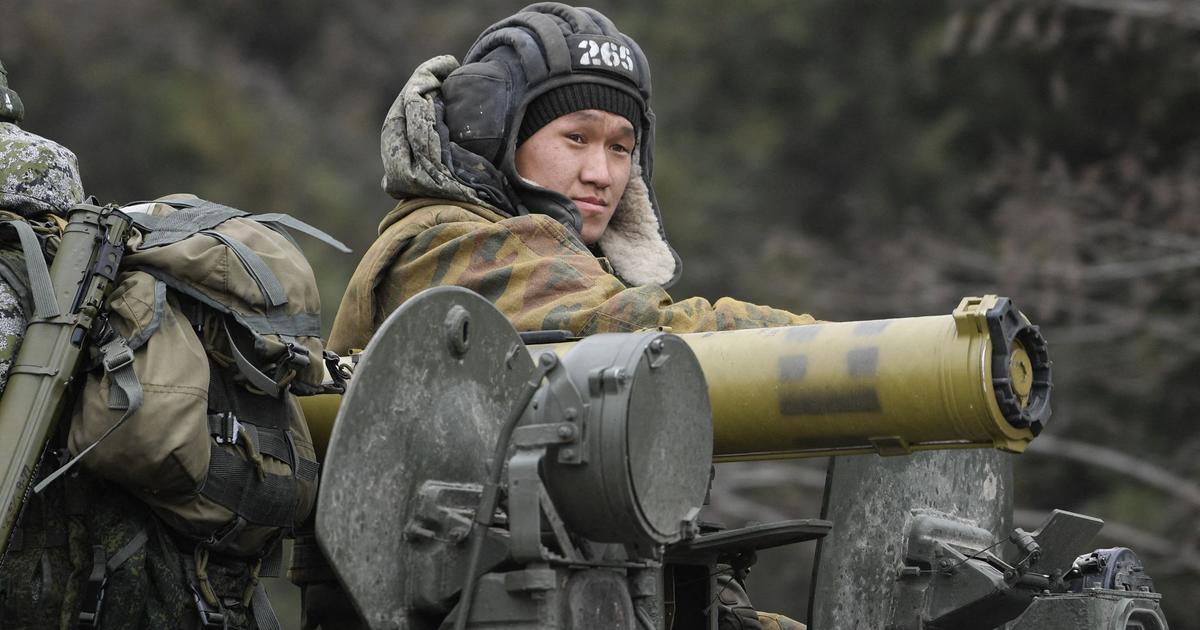Prices that are rising, in France, as everywhere in the world. World food prices hit their “all-time high” in March as a result of the war in Ukrainedisrupting grain and vegetable oil markets, the Food and Agriculture Organization of the United Nations (FAO) announced Friday.
Every month, the UN records changes in the international prices of a basket of staple foods. The result is a “FAO index” that shows the rise in the price† This March saw an increase of 12.6%, beating the previous record set last February. The FAO index has never been this high since 1990.
It is mainly the FAO grain index that is driving this increase, with a growth of 17.1% compared to February “under the influence of strong price increases of wheat and all coarse grains”. Wheat, sunflower, maize… Prices of agricultural commodities continue to rise, against the background of the deadlock of the conflict between Russia and Ukraine, the world’s main exporters of these foods.
The blockade of Ukrainian ports, Kiev is the fifth largest exporter of wheat in the world, explains this historic high and this price increase since February 24, the date of the Russian invasion. From the beginning of the conflict, the Sea of Azov was closed to navigation, blocking exports from Berdiansk or even Mariupol.
Ukraine on Thursday called for urgent EU aid for its farmers as a conflict ravages the country as it prepares to sow at least half of its land, threatening future crops
The European Commission has been tasked by the Twenty-seven to coordinate transports, including “fuel, seeds, fertilizers” or agricultural machinery, said Agriculture Commissioner Janusz Wojciechowski.
Risk of global food crisis
In addition, maize prices also registered “a monthly increase of 19.1%, reaching all-time highs, just like those of barley and sorghum,” the FAO said in its March report. Food prices are also being pushed up by vegetable oils, whose FAO index rose “23.2%, driven by the rise in the price of sunflower oil”, the world’s largest exporter. ‘Ukraine.
At the same time, the prices of palm, soybean and rapeseed oil, which many industrialists refer to, are rising sharply “under the influence of an increase in global import demand due to shortages of “supply of sunflower oil”. Another source of concern, Russian President Vladimir Putin on Tuesday proposed to “monitor” food deliveries to countries “hostile” to the Kremlin, amid a wave of sanctions against Moscow.
VIDEO. “I am 46 years old, I can no longer live on my income”: the theme of purchasing power is essential for the first round
In France, the shelves of oils, flours or pasta in shops have been subject to increased supply tensions for several weeks, mainly due to precautionary purchases by consumers fearing shortages of stock.
Consequence of the conflict, famine in the Sahel and West Africaa region heavily dependent on grain imports from Russia and Ukraine could deteriorate further by June, affecting 38.3 million people if no action is taken, the FAO says.
At the appeal of the President of Niger Mohamed Bazoum, several countries, including the United States and France, pledged on Wednesday to increase their aid to the population of this area to 1.79 billion euros. Member States also announced at the end of March the launch of an initiative called “Farm”, to reduce food shortages in the most risky countries and counter speculation.




